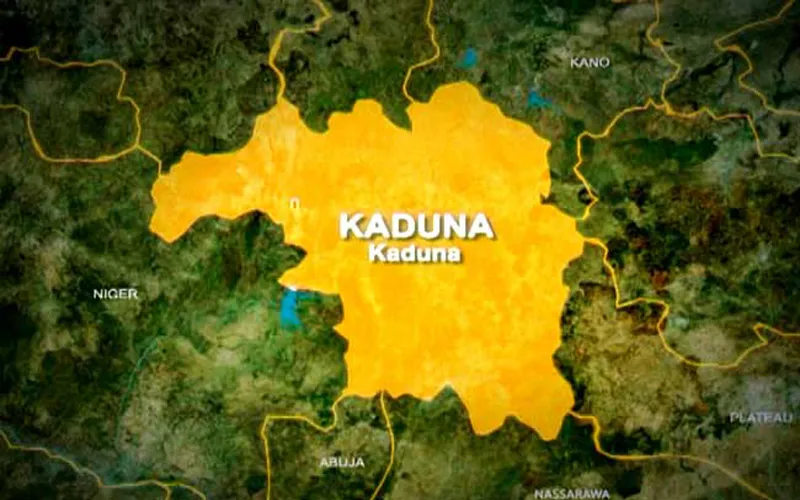Kaduna, 26 April, 2021 / 2:19 pm (ACI Africa).
Church leaders in Nigeria’s Kaduna region have condemned the Sunday killing and abduction of Christians of a local church, saying the incident is an expression of the “sorry state of the security situation in the country and in particular, Kaduna State.”
Armed gunmen reportedly attacked Haske Baptist Church at Manini village, in Chikun Local Government Area on Sunday, April 25 at 9.00 a.m. and started shooting indiscriminately killing one person and abducting four others.
In a statement seen by ACI Africa, the leadership of the Christian Association of Nigeria (CAN) Kaduna Chapter says, “Innocent worshipers who went out for nothing but to worship and pray to God were attacked ... This is happening in a nation that her constitution allows freedom of religion yet this freedom is not guaranteed.”
“Our hearts are saddened over the sorry security situation in our dear state (Kaduna State). It has grown so unfortunate and on a daily basis continues to grow worse with no appreciable resistance given the unholy terrorists who have continued to hold our dear state and nation to ransom,” the Christian leaders further say.
In their statement signed by the Secretary of Kaduna CAN, Rev. Caleb Maaji, the Christian leaders among them Catholic officials in the region said that they continue “to wonder what the crime of innocent citizens is.”








